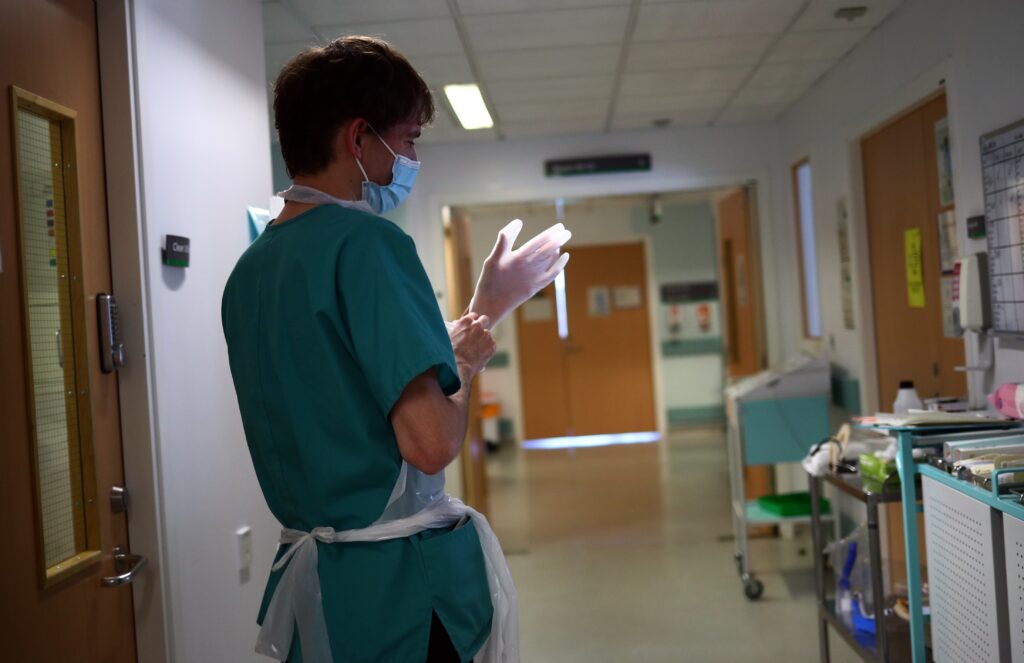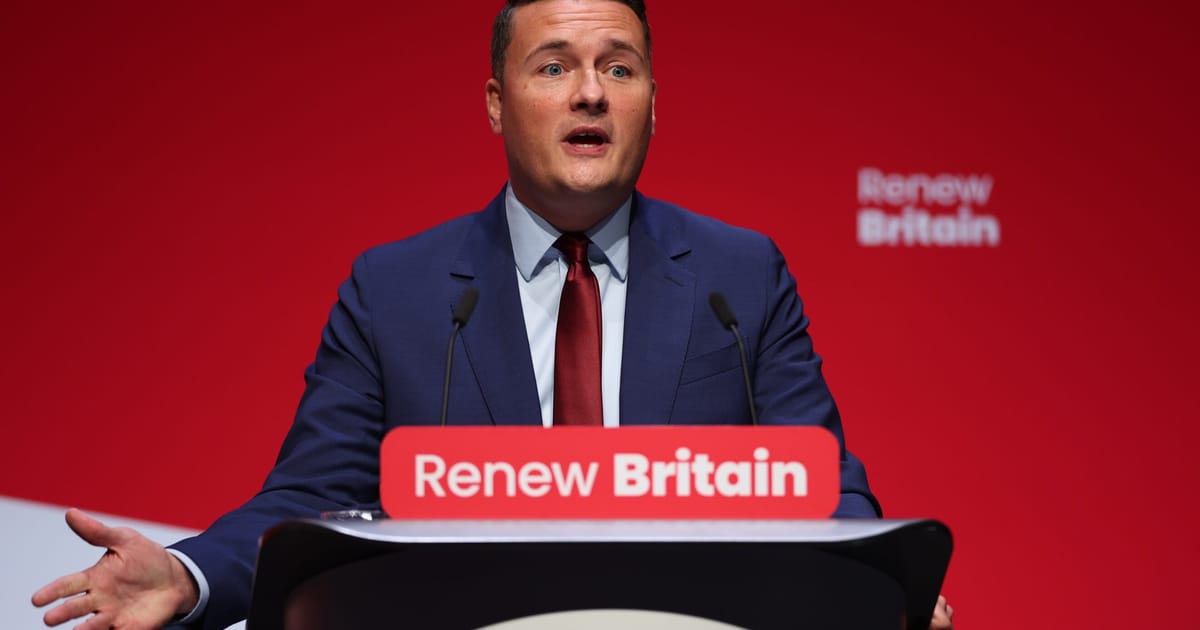A group of doctors has warned the government that the move could erode patient trust. While the direction says government will obtain patient consent to share the data more broadly, doctors groups are worried this won’t happen in practice, and that patients won’t be aware their data is being funneled to other studies.
NHS England has been in discussions with the Joint GP IT Committee, which comprises representatives from the British Medical Association (BMA) and Royal College of General Practitioners (RCGP), about the data, a person close to the talks told POLITICO.
DHSC confirmed it had been in dialogue with the doctors’ groups, and a spokesperson said it had delayed signing the direction in order to engage with doctors’ concerns.
The JGPITC argued it hasn’t been properly consulted on the change in line with established governance processes, and that repurposing the dataset without asking patients’ permission risks damaging already-fragile public confidence in the profession, the same person said.
 While the direction says government will obtain patient consent to share the data more broadly, doctors groups are worried this won’t happen in practice, and that patients won’t be aware their data is being funneled to other studies. | Pool photo by Hannah McKay/EPA
While the direction says government will obtain patient consent to share the data more broadly, doctors groups are worried this won’t happen in practice, and that patients won’t be aware their data is being funneled to other studies. | Pool photo by Hannah McKay/EPA
It comes after the same group of doctors filed a formal complaint to the Information Commissioner’s Office in June alleging that NHS England had breached data protection law by training a general-purpose AI model on the same dataset without consent. The disagreement is also set against the wider backdrop of a long-running dispute between government and the BMA over doctors’ pay and working conditions.
DHSC maintains that proper processes have been followed. “As the Secretary of State made clear last year during his speech to the Royal College of GPs in October 2024, we are committed to implementing this direction in line with patients’ explicit consent for their data to be used in research,” a DHSC spokesperson said.
